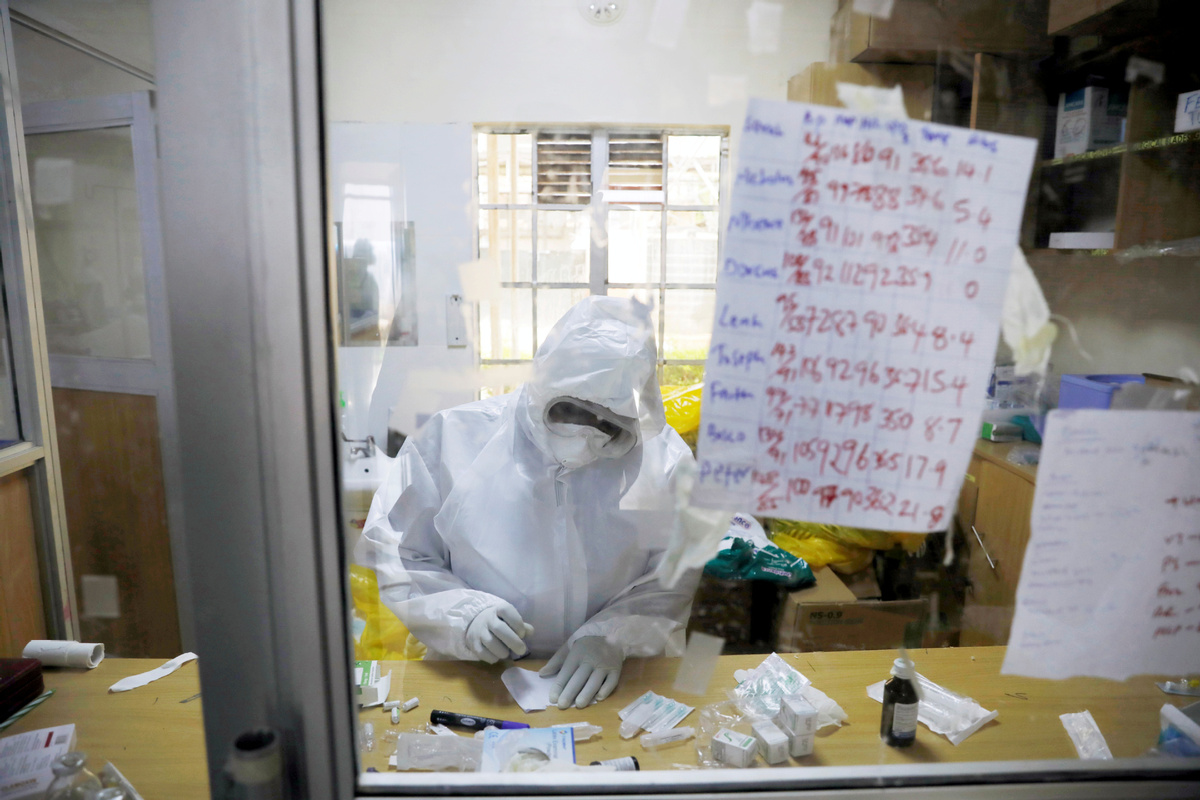Coronavirus leads to improvement of inter-governmental relationships


While coronavirus has greatly hurt economies across the globe and negatively impacted people's livelihoods, the pandemic has exposed some of the weak structures that existed in governments and needed re-alignment for effective response to major outbreaks and addressing local challenges.
During the World Cities Day celebration on Oct 31, participants in a virtual roundtable discussion agreed coronavirus has played a key role in improving inter-governmental relations.
The participants said coordinated action between the central government and local authorities enabled countries to effectively respond to the pandemic.
Anyang' Nyong'o, the governor of Kenya's Kisumu County, said the 47 counties in the country have never worked as closely with the national government like they have during the pandemic.
Nyong'o said since the outbreak of the pandemic in the country, President Uhuru Kenyatta has convened six extraordinary sessions of the national and county governments coordinating summit, tailored to review the coronavirus infection curve. Previously, only two national and county government summits were held per year.
The government also established the National Communication and Community Engagement Strategy for Coronavirus to effectively coordinate national and county communications and community engagement activities to prevent the spread of the disease.
This is in addition to building trust in the leaders and health workers to provide accurate information and essential services, and encourage communities' active participation in supporting risk reduction and response measures.
Nyong'o said the pandemic also enabled resuscitation of the household economy in terms of increasing food production to bridge food shortage gaps occasioned by inability to import food due to lockdowns.
"We have thus reinforced the household economy by emphasizing efficient value chains in agriculture linked with SMEs that can process local foods for the market rather than depending entirely on imported foods. This is good for self-reliance in the future and it also puts money in the hands of peasant farmers," he said.
Nyong'o said the extension services that had been relaxed over the years were revived to help build capacity among farmers to increase their yields.
County governments also worked closely with government agencies to advise farmers on issues like best farming practices and soil selection.
The national government in partnership with the county governments also developed a home-based care program to supplement the work of the healthcare services. The program has proved to be effective, as people recover faster compared to those admitted to hospitals.
Jean Pierre, the secretary general of the United Cities and Local Governments of Africa, a body that represents and defends the interests of cities and local governments across Africa on the world stage, applauded the Kenyan model of partnership between the national and county governments in the fight against the pandemic, and expressed hope other countries would emulate it.
"I attended one of the meetings headed by the president and I can testify the conversation was open and result-oriented," he said.
Pierre said national governments across the continent realized implementation of the steps of responding to coronavirus could not be realized without the government working closely with the people.
"I call for vigilance, and that more collaborations will be implemented in the form of inter-governmental relations post-coronavirus because their success has been witnessed," he said.
Mohamed Sefiani, mayor of Chefchaouen in Morocco, said while the management of the crisis in his country was centralized, implementation of decisions were carried out in provinces.
"We have had a lot of support from the government in several areas like education, sanitation and finance," Sefiani said.
Sefiani said coronavirus has shown solidarity, proximity, equality and sustainability are a good new development model for cities, and that intermediate cities can play a crucial role in implementation of the global agenda this decade.
"The coronavirus recovery plans must be green, resilience and localized. Intermediate cities must therefore seize this historical opportunity to benefit from technical and financial support in order to implement the strategic plan, especially in basic infrastructure and strengthening public services," he said.
Sefiani said the pandemic also proved intermediate cities can supply agricultural products through local markets in difficult times.
Celestine Courtes, minister of housing and urban development for Cameroon, said in the fight against the pandemic, the government had direct communication with local labor authorities and mobilized municipalities, societal groups and primary sectors on the sanitation issue through concepts such as clean cities.

































